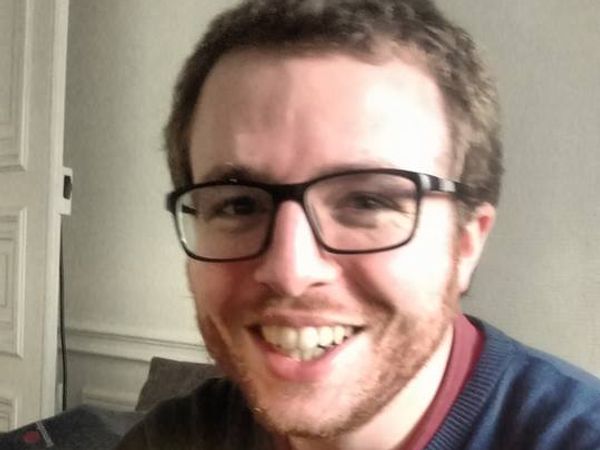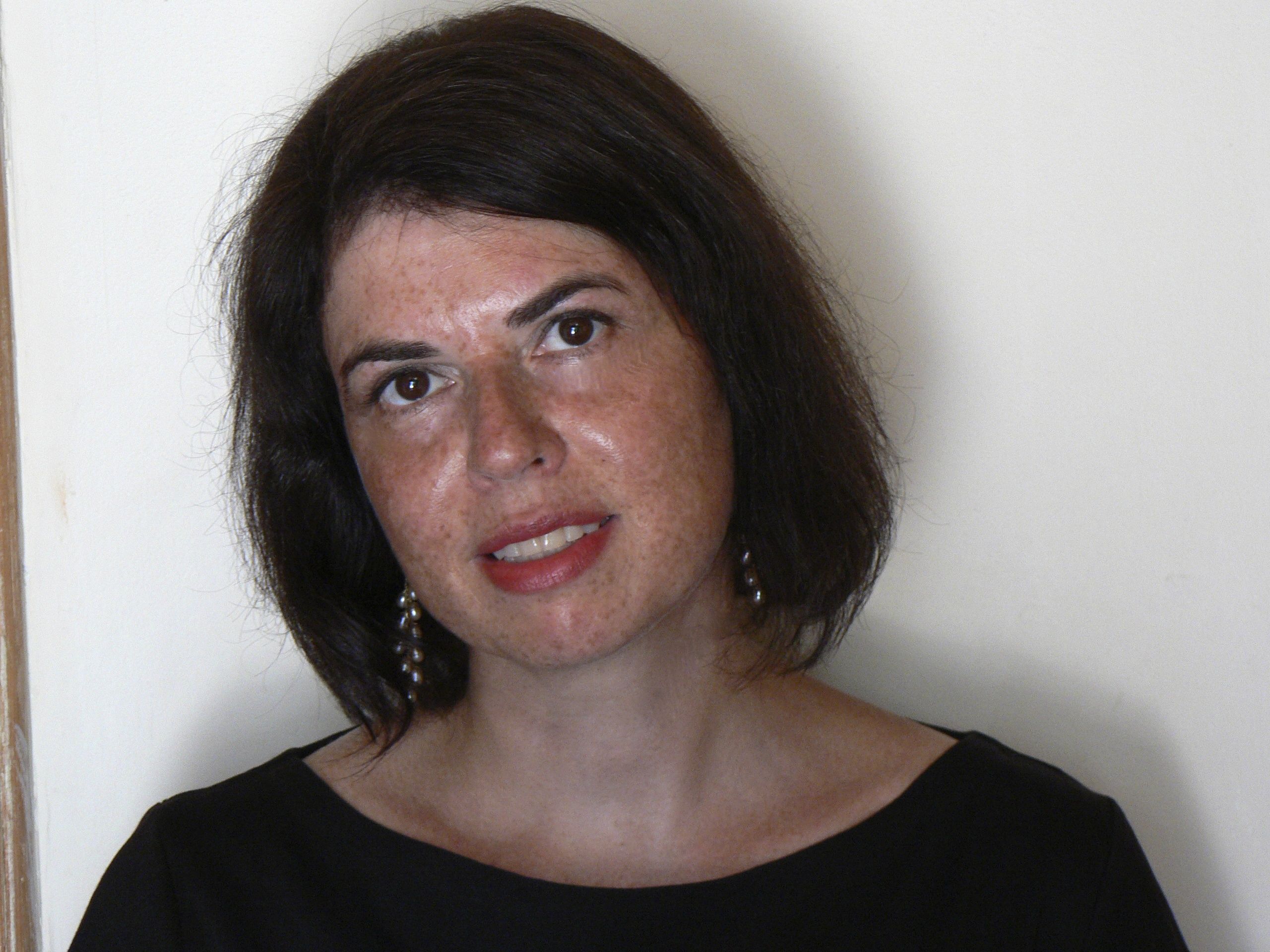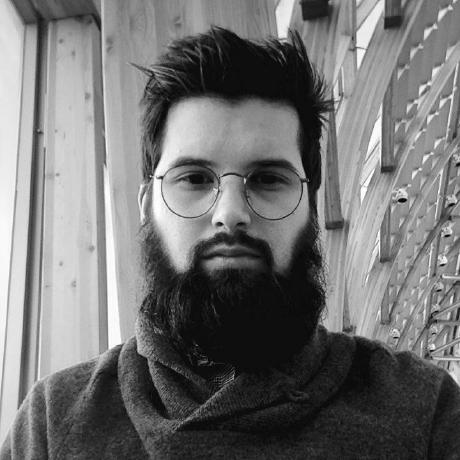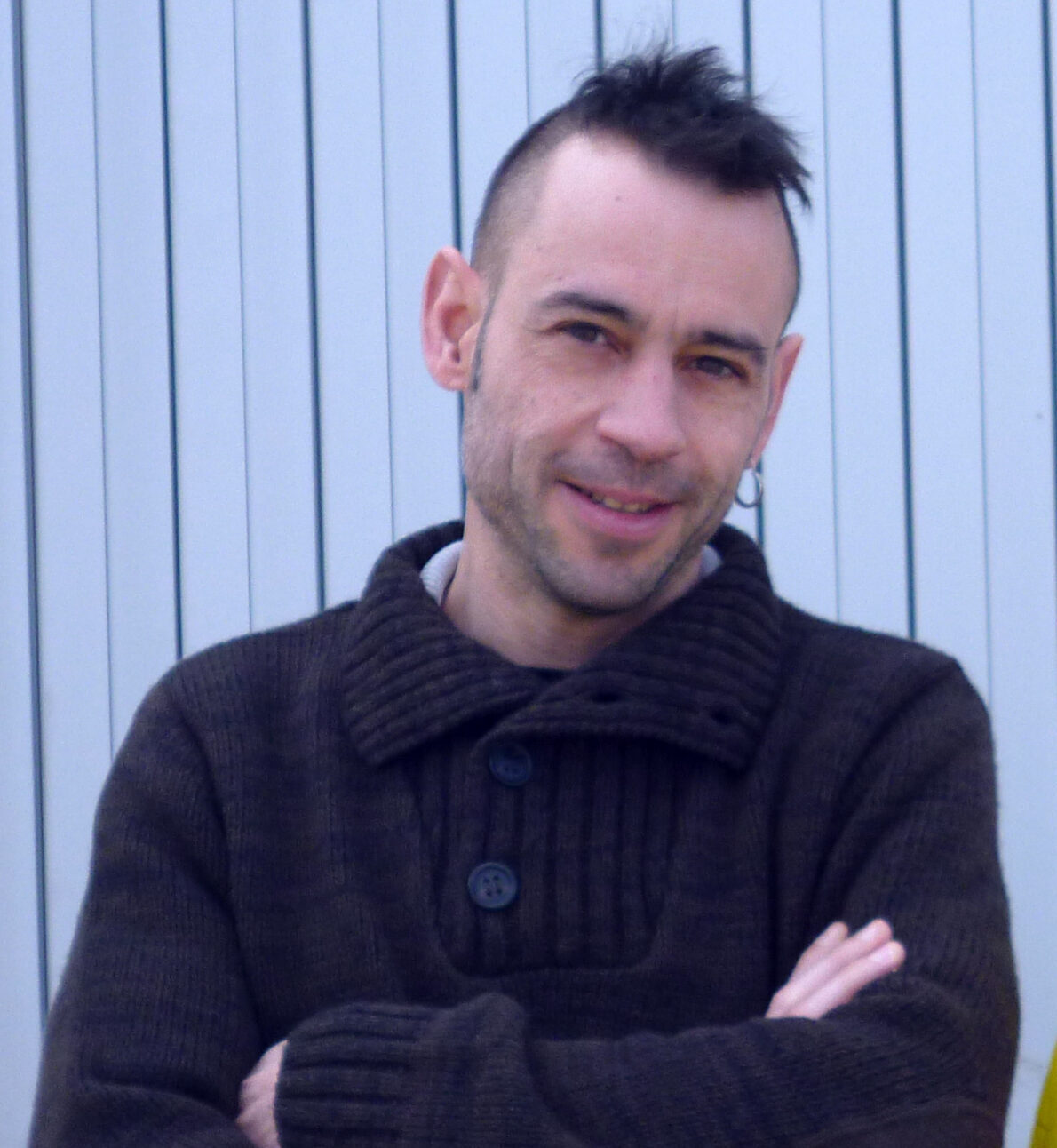In this interview that researcher Nicolas Sauret gave to Culture Media Lab, he announces the ambition of the May 18 event, which brings together different labs to conclude the mission of the FabPart Lab and its support policy, evoking its possible continuations.
You are the co-director of the FabPart Lab, which is organizing an event on May 18. Can you introduce us to the project?
The FabPart Lab was launched by Marta Severo 2 years ago, in September 2020. I joined it at the time of its creation. The project was financed by the Labex Les passés dans le présent, which wanted to make it a transversal project, at the service of other projects financed by the Labex. The FabPart Lab had the ambition to become an incubator for projects and a support unit for research teams, in particular to set up participative and contributory methods and devices in heritage sciences. The Lab was to have a reception area where researchers and students could come and ask questions, but also why not test ideas and initiate projects. But this aspect of the FabPart Lab’s work was stopped short by Covid. Despite this, we met with the various Labex projects, and by analyzing the needs expressed, we adapted the support activity towards the creation of research data and their valorization.
Our activity has been structured around a methodological and scientific support to several research projects and around the organization of practical and theoretical workshops addressing the issues of the Labex.
What will this event consist of?
This event is interesting in two ways. First, it gives us the opportunity to assess these two years of project support. Secondly, it allows us to bring together actors involved in accompanying and supporting research and to open a dialogue that does not yet exist. It is important to understand that for several years now, within universities and cultural institutions, a certain number of labs have been opening up around research data, their valorization, or digital methodologies. We thought it would be interesting to bring these different actors to the table to discuss their difficulties, their past experiences, and also to explore the prospects for mutualizing their services, whether it be online resources, meeting spaces, etc. From this point of view, it will be interesting to identify the areas of activity of the labs, to map them, in order to be able to better direct the researchers and the projects according to their needs.
Which labs are invited to this day?
Around the table will be gathered both labs of cultural institutions such as the BNF Datalab, the Skylab of the INHA (National Institute of Art History), as well as the Media Lab being created at the INA (within the INA thèque), and university support units such as the CERES (Sorbonne University), the CDH (University of Paris), or the datalab of the University Library of the University of Strasbourg. The MediaLab of Sciences Po, which is more autonomous, will also be represented. And finally, the IR* Huma-Num, which is trying to better articulate its services with a research support activity.
What will be the program of this day?
This day will take place within the framework of the Humanistica conference, the Francophone Association of Digital Humanities. The conference is taking place this year in Montreal, but the day of the 18th is dedicated to working groups that will take place on the other side of the Atlantic. Our session will last 2 hours, with a limited audience, and a replay of the exchanges will be available on the conference website.
Basically, the objective is to initiate a first exchange between these labs and to identify what works and what doesn’t, as well as possible opportunities for pooling resources. The meeting will take place in the CNRS building, boulevard Raspail.
Why should the difficulties of the labs be mentioned first and foremost? Does this also allow you to identify good practices to share?
In two years, we worked empirically on the way we could accompany projects. We structured the support according to different protocols, over more or less long cycles. But the temporality we initially imagined proved to be incompatible with the time required for the research. It seems interesting to us to come back to this type of experience in order to collectively improve our protocols and define some good practices in terms of support.
What do you hope to achieve from this meeting?
We are first of all curious to find out what will come of it. We don’t know yet if the initiative will translate into concrete actions, but in any case we will have initiated a network between support practitioners. We can also imagine that the actors wish to go further and organize themselves to share their knowledge and practical experiences or even certain resources, for example the opening of a collaborative workspace, or to pursue the reflection on the support and accompaniment procedures according to the needs. We will see.
The FabPart Lab ends its mission at the end of the summer. It will be up to the other labs to eventually take over this initiative. The May 18 meeting will perhaps initiate a network of labs whose users will have everything to gain from these structures talking to each other and collaborating.
Mots-clés
Last news





